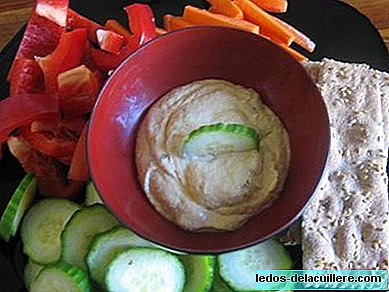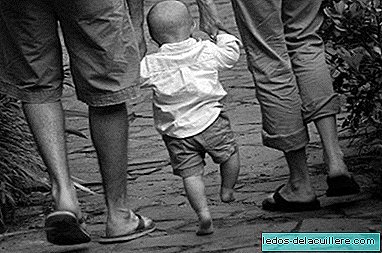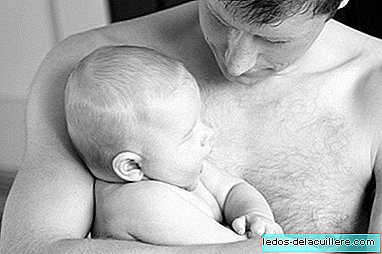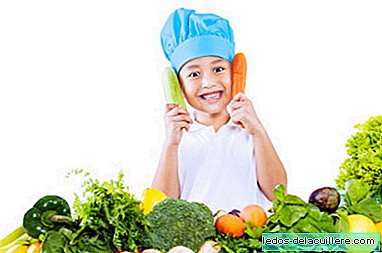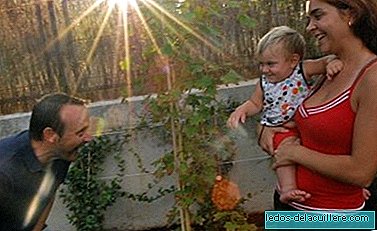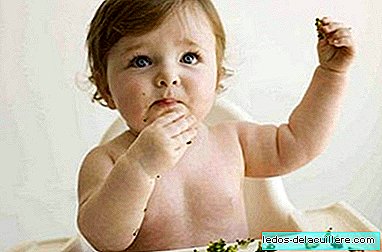
Let's talk about the Complementary Self-Regulated Food, also called "baby-led weaning" focusing on emotional aspects in this way to introduce complementary foods in the baby's diet. For this we are going to interview the psychologist Mónica Serrano, maternity and respectful parenting specialist.
Monica develops her profession psychologically and emotionally accompanying mothers and fathers in her Madrid office. You can read her articles and contact her on her blog Child Psychology and Parenting with Attachment.
Monica, why do you recommend Self-Regulated Complementary Feeding, from an emotional point of view?
Hi Mireia. Thank you very much for having me for the interview and for spreading such an important aspect of Self-Regulated Complementary Feeding, such as the emotional benefit of it for the baby.
When we introduce complementary foods into the baby's diet in a self-regulated manner, we are allowing the child himself to manage his diet; that is, we allow him to take food with his hands, explore them, take them to his mouth, leave them on the table ... This is important. The baby, in this way, determines what food he wants to take (among those offered), at what rate he wants to eat it, how much he wants to put in his mouth every time and when he wants to stop eating.
So how does all this benefit the emotional development of the baby?
The fact that the baby is allowed to take an active role in their own feeding from the beginning benefits their emotional development in many ways.
In the first place, we are using a vital, essential activity, which is food, as an engine of development. This aspect in itself is essential, because we try to allow the baby, to the extent possible, to actively participate in satisfying this need. In this way, the baby feels competent, effective, able to intervene actively in his environment, which is very positive for the development of good self-esteem.
Is it useful to encourage learning to allow the child to eat for himself?
The active attitude towards the feeding itself allows the baby to develop creative strategies, in the sense of looking for alternatives or options in the same situation, because it faces a stimulating activity, of great sensory richness, in which challenges are continually posed, how to grab various types of food, take them to your mouth, pick up what you have dropped.
Is all this wealth lost when the baby is fed crushed?
Exactly, Mireia.
Does it also help your ability to choose and feel that you can make decisions?
Offering complementary foods without crushing and allowing the baby's self-regulation is making the child's decision-making possible. You can decide what foods you are going to eat and in what order, the frequency of intake, the amount you want.
In this way, the baby has options to choose from and these decisions, for a baby, constitute an enormously complete opportunity to begin the decision-making learning, so important for the future.
Very interesting, Monica, what you have told us, but I would like to continue talking about this topic, to focus on what doing this type of self-regulated feeding offers as a benefit to parents. We continue tomorrow with the interview. Thank you very much for your help.
Tomorrow we will continue interviewing the psychologist Mónica Serrano on this fascinating theme of self-regulated food or "baby-lead weaning."
In Babies and more | "There is currently a pattern of hypersexualization in girls." Interview with the psychologist Mónica Serrano, Only humans and kangaroos have sex during breastfeeding. "Interview with the psychologist Mónica Serrano," When the children arrive the couple goes through a transformation process. "Interview with the psychologist Mónica Serrano


